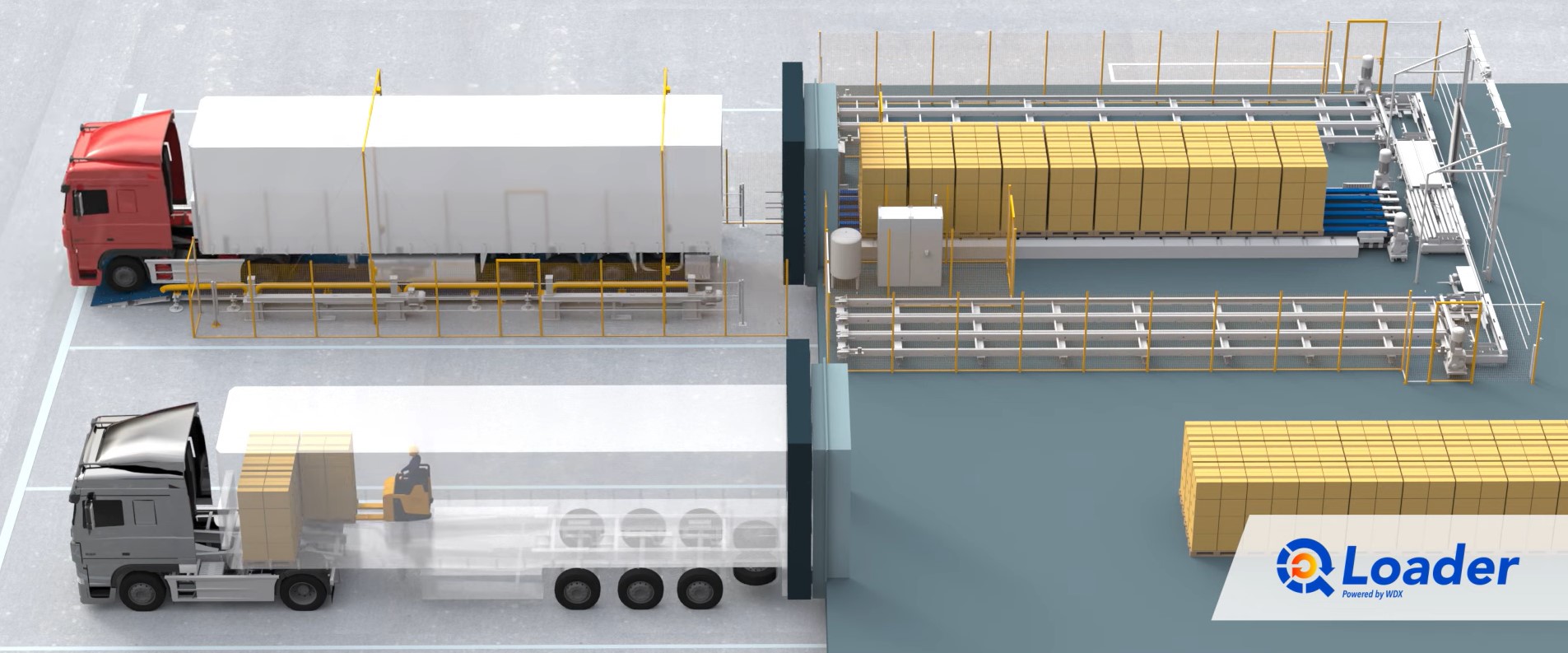
Spain Ceramic Machinery Market by Type (Shaping Machines, Decorative and Glazing Machines, Kilns and Firing Machines, Raw Material Processing Machines, Storage and Handling Machines, and Others Machinery), by Product Type (Tile, Sanitary Ware, Tableware, Technical Ceramics, Refractories, and Abrasive), and by End User (Construction, Automotive, Electronics, and Others) – Global Opportunity Analysis and Industry Forecast, 2024–2030
Industry: Construction & Manufacturing | Publish Date: 19-Oct-2024 | No of Pages: 112 | No. of Tables: 79 | No. of Figures: 44 | Format: PDF | Report Code : CM2811
Spain Ceramic Machinery Market Overview
The Spain Ceramic Machinery Market size was valued at USD 246.4 million in 2023, and is predicted to reach USD 312.2 million by 2030, at a CAGR of 3.0% from 2024 to 2030.
The ceramic machinery market, also known as the ceramic manufacturing equipment market, involves the global industry that designs, produces, and distributes machinery for making ceramic products such as tiles, sanitary ware, tableware, and advanced ceramics. This market includes equipment like crushers, grinding mills, kilns, dryers, and presses, used throughout the ceramic production process, from raw material preparation to the final product. Ceramic machinery offers high precision for shaping, glazing, and producing ceramics, resulting in consistent product quality, faster production, and lower labor costs. It is essential for meeting the growing need for quality ceramics, supported by advancements in manufacturing technology and increased automation investments.
Expansion of Urban Areas Drives Ceramic Machinery Market in Spain
The expansion of urban areas in Spain significantly propels the ceramic machinery market. As cities grow and infrastructure projects become more prevalent, the demand for ceramic products for new construction and renovations increases. This surge in demand compels manufacturers to adopt advanced machinery to enhance production efficiency and achieve higher quality standards.
According to the CIA, urban areas accounted for 81.6% of Spain's total population in 2023. With rapid urbanization, manufacturers are increasingly investing in modern machinery to meet the rising Spain ceramic machinery market demands for construction and renovation. This ongoing investment in advanced ceramic machinery supports the expanding construction sector and strengthens Spain's position in the global ceramics market.
Expansion of Infrastructure Investment Boosts Demand for Ceramic Machinery in Spain
The increase in infrastructure investment in Spain also significantly boosts the demand for ceramic products required for these projects. Growing infrastructure spending drives the need for advanced ceramic machinery, as manufacturers seek to produce high-quality materials that meet the standards of large-scale developments. According to the Public-Private Infrastructure Advisory Facility, Spain's infrastructure investment includes USD 4.35 billion for roads, representing 43% of total transport infrastructure funding.
Housing projects receive USD 2.93 billion, and USD 797 million is allocated to other public buildings and structures. This substantial investment in infrastructure fuels the demand for ceramic products used in roads, housing, and public buildings, leading manufacturers to invest in advanced machinery to meet the increasing need for high-quality ceramics for these projects.
High Initial Investment Hindering Growth of the Ceramic Machinery Market
A significant challenge for the ceramic machinery market is the high initial investment needed for advanced equipment. This substantial financial requirement creates a major barrier, particularly for smaller companies and startups, hindering their ability to invest in the latest technologies. The large capital needed to purchase and install sophisticated machinery limits these businesses from upgrading their operations or expanding their capabilities. As a result, this financial constraint impedes overall market growth by restricting many manufacturers from adopting new, more efficient production technologies that could advance the industry.
Integration of Inkjet Technology in Ceramic Machinery Creates Future Opportunities
The integration of inkjet technology into ceramic manufacturing equipment offers a valuable opportunity for Spain ceramic machinery market growth. This technology allows for high-resolution, customizable printing directly on ceramic surfaces, creating intricate designs, vibrant colors, and detailed patterns. It meets the increasing demand for personalized and aesthetically appealing ceramics.
Additionally, inkjet technology improves production efficiency by reducing reliance on traditional, labor-intensive methods, thus lowering costs and enhancing manufacturing processes. This advancement not only provides a competitive edge but also opens up new growth in Spain ceramic machinery market opportunities within the ceramic machinery sector, making it a key investment for future development and innovation.
Competitive Landscape
Several key players operating in the Spain ceramic machinery industry include Brendle Representadas, Chumillas Technology, Maincer, Innova Group, CeramTec GmbH, LB Technology, KERAjet, SITI B&T Group S.p.A., SACMI, Mectiles Italia S.R.L., Ancora, and others.
Spain Ceramic Machinery Market Key Segments
By Type
-
Shaping Machines
-
Decorative and Glazing Machines
-
Kilns and Firing Machines
-
Raw Material Processing Machines
-
Storage and Handling Machines
-
Others Machinery
By Product Type
-
Tile
-
Sanitary Ware
-
Tableware
-
Technical Ceramics
-
Refractories
-
Abrasive
By End User
-
Construction
-
Automotive
-
Electronics
-
Others
Key Players
-
Brendle Representadas
-
Chumillas Technology
-
Maincer, Innova Group
-
CeramTec GmbH
-
LB Technology
-
KERAjet
-
SITI B&T Group S.p.A.
-
SACMI
-
Mectiles Italia S.R.L.
-
Ancora
REPORT SCOPE AND SEGMENTATION:
|
Parameters |
Details |
|
Market Size in 2023 |
USD 246.4 Million |
|
Revenue Forecast in 2030 |
USD 312.2 Million |
|
Growth Rate |
CAGR of 3.0% from 2024 to 2030 |
|
Analysis Period |
2023–2030 |
|
Base Year Considered |
2023 |
|
Forecast Period |
2024–2030 |
|
Market Size Estimation |
Million (USD) |
|
Growth Factors |
|
|
Companies Profiled |
10 |
|
Market Share |
Available for 10 companies |
|
Customization Scope |
Free customization (equivalent up to 80 working hours of analysts) after purchase. Addition or alteration to country, regional, and segment scope. |
|
Pricing and Purchase Options |
Avail customized purchase options to meet your exact research needs. |




 Speak to Our Analyst
Speak to Our Analyst


































